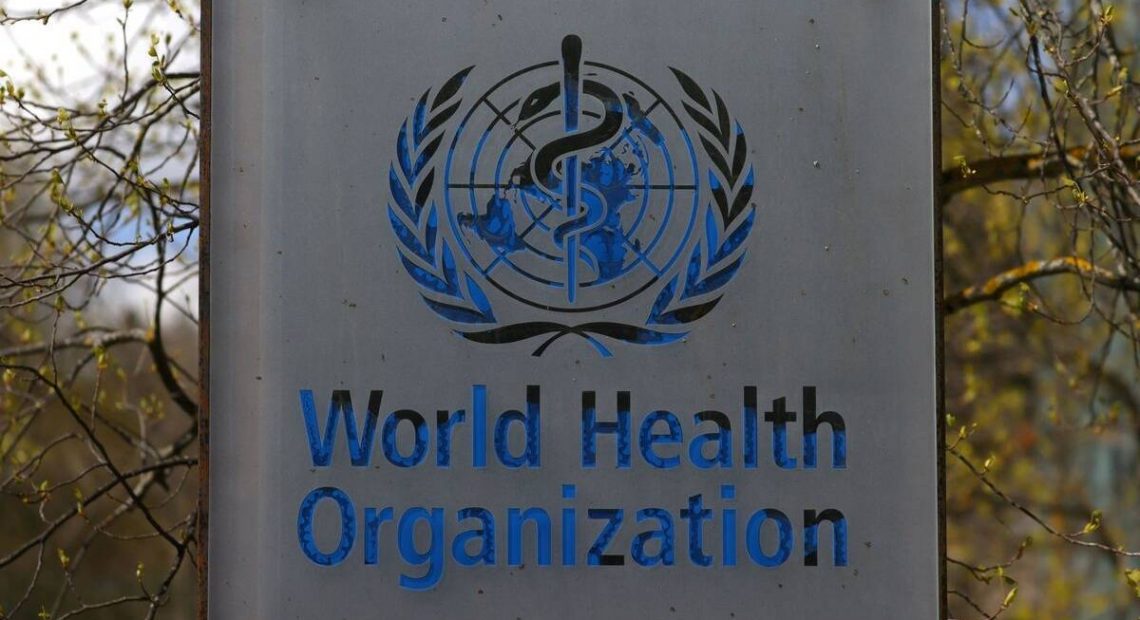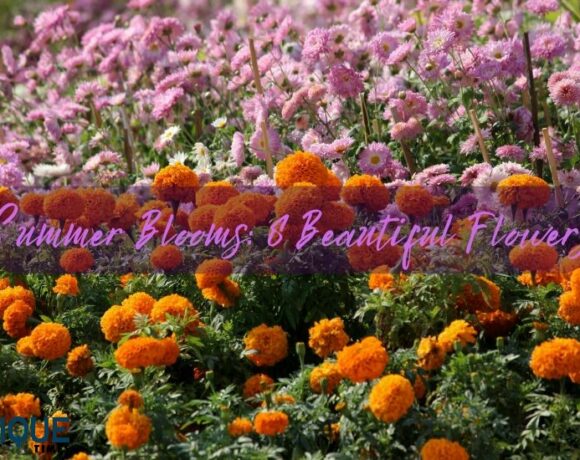India signs an agreement to establish a WHO Global Centre for Traditional Medicine

The World Health Organization (WHO) and the Indian government agreed to establish a WHO Global Centre for Traditional Medicine in Jamnagar, Gujarat, on Friday. The Indian government has invested USD 250 million in the centre, which aims to create a solid evidence base for policies and standards on traditional medical practises and products.
Evidence and learning, data and analytics, sustainability and equity, and innovation and technology will be the focus of the new centre. It will also assist countries in integrating it into their health systems and ensuring that its quality and safety are maintained.”It is encouraging to learn of the signing of the Host Country Agreement for the Global Centre for Traditional Medicine’s establishment. The agreement…to establish the WHO-GCTM in Jamnagar, Gujarat, is a positive step forward. Our government has worked tirelessly to make preventive and curative healthcare affordable and accessible to all through a variety of initiatives. “May the global centre in Jamnagar contribute to the world’s best healthcare solutions,” Prime Minister Narendra Modi said.
Traditional medicine is believed to be used by around 80% of the world’s population; 170 of the 194 WHO member states have reported using it, and their governments have asked WHO for help in compiling a body of reliable evidence and data on traditional medicine practises and products.
Millions of traditional medicine workers, accredited courses, health facilities, and health expenditures are still not fully integrated into national health systems and strategies. Natural substances account for nearly 40% of all approved pharmaceutical products on the market today. The discovery of aspirin, for example, was based on traditional medicine formulations using willow tree bark, the contraceptive pill was developed using the roots of wild yam plants, and child cancer treatments were based on the rosy periwinkle. A review of ancient Chinese medicine texts led to Nobel Prize-winning research on artemisinin for malaria control.
Picture courtesy: Google/Images are subject to copyright








